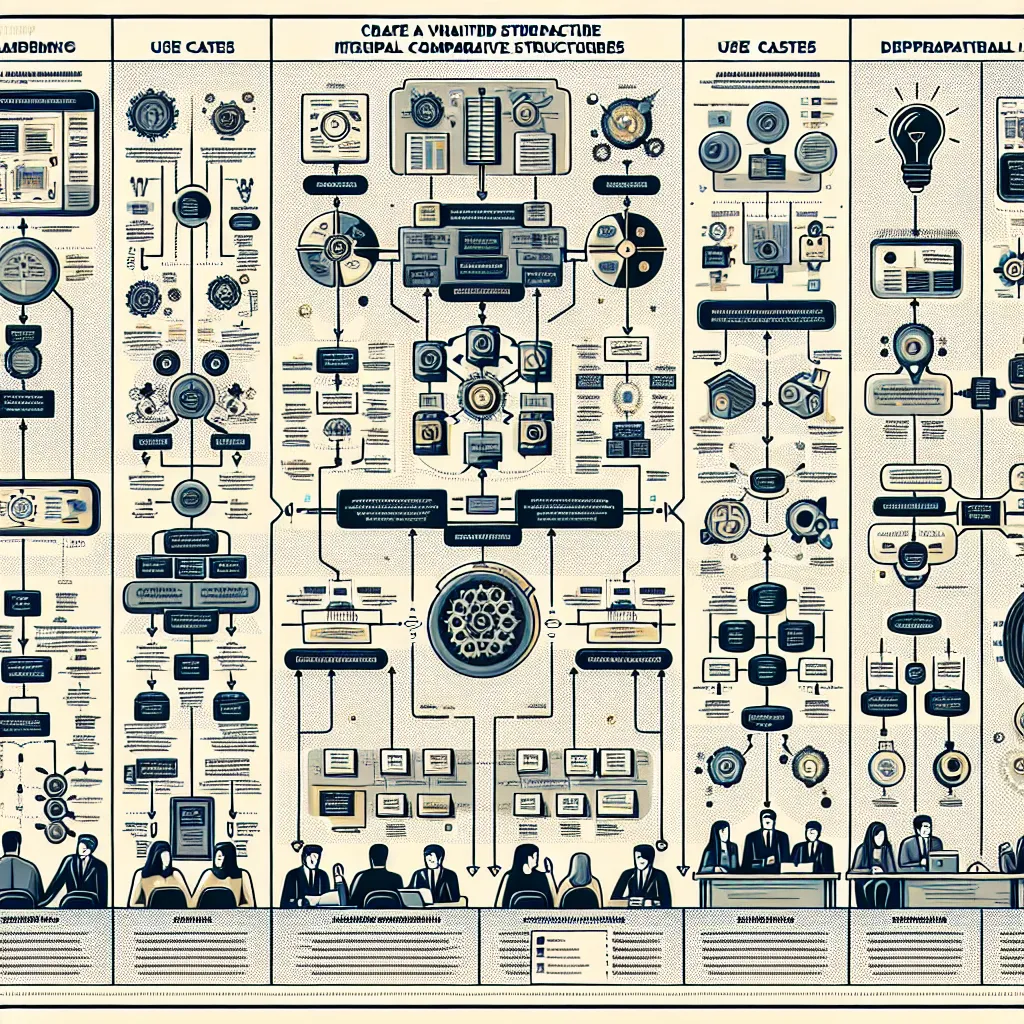International reports require a high level of precision and clarity in language use. Mastering advanced grammar is crucial for crafting professional and impactful reports. This guide will explore essential grammatical structures and techniques to elevate your report writing skills.
Understanding the Importance of Advanced Grammar in International Reports
International reports serve as critical communication tools in global business, diplomacy, and academia. They demand a sophisticated command of English grammar to convey complex ideas accurately and persuasively. Advanced grammar skills enable writers to construct nuanced arguments, present data clearly, and maintain a professional tone throughout their reports.
 Importance of Advanced Grammar
Importance of Advanced Grammar
Key Benefits of Advanced Grammar in Report Writing
- Enhanced clarity and precision
- Improved credibility and professionalism
- Effective communication of complex ideas
- Reduced risk of misinterpretation
- Greater impact on the target audience
Essential Advanced Grammatical Structures for International Reports
1. Complex Sentence Structures
Mastering complex sentence structures allows for the seamless integration of multiple ideas within a single sentence, enhancing the flow and sophistication of your writing.
Example:
“While the economic indicators suggest a positive trend, the report acknowledges that external factors, such as geopolitical tensions and fluctuating commodity prices, could potentially impact future growth projections.”
This sentence combines multiple clauses to present a nuanced view of the economic situation, demonstrating the writer’s ability to convey complex information concisely.
2. Advanced Use of Modals
Modals are crucial for expressing levels of certainty, obligation, and possibility in reports. Understanding their nuanced usage is key to conveying the right tone and level of assertion.
Example:
“The company should consider diversifying its portfolio, as this could mitigate potential risks associated with market volatility.”
Here, “should” suggests a strong recommendation, while “could” indicates a potential positive outcome, showcasing the writer’s ability to balance advice with possibility.
3. Passive Voice for Objectivity
While active voice is generally preferred for clarity, the strategic use of passive voice can be beneficial in reports to maintain objectivity or when the actor is less important than the action.
Example:
“It was observed that productivity increased by 15% following the implementation of new technologies.”
This construction focuses on the result rather than who made the observation, which can be appropriate in certain sections of a report.
 Passive Voice in Reports
Passive Voice in Reports
4. Advanced Conditional Structures
Mastery of conditional structures is essential for discussing hypothetical situations, making predictions, and analyzing potential outcomes in reports.
Example:
“Had the merger been approved, the company would have become the market leader, potentially revolutionizing the industry landscape.”
This third conditional structure allows for the exploration of a past hypothetical situation and its potential consequences, which is often crucial in analytical reports.
5. Noun Clauses for Concise Reporting
Noun clauses can replace lengthy explanations, making your writing more concise and sophisticated.
Example:
“What the research ultimately reveals is that consumer behavior is more influenced by social media than traditional advertising.”
This structure allows for a complex idea to be presented as the subject of the sentence, creating a more impactful statement.
Practical Tips for Implementing Advanced Grammar in Your Reports
-
Study exemplary reports: Analyze reports from reputable international organizations to observe how they implement advanced grammatical structures.
-
Practice regularly: Dedicate time to writing exercises that focus on specific advanced structures.
-
Seek feedback: Have your reports reviewed by colleagues or language professionals to identify areas for improvement.
-
Use grammar checking tools: Utilize advanced grammar checking software to catch subtle errors and receive suggestions for improvement.
-
Read widely: Expose yourself to a variety of complex texts to internalize advanced grammatical patterns.
Common Pitfalls to Avoid
- Overcomplicating sentences: While complex structures are valuable, clarity should always be the priority.
- Inconsistent tense usage: Ensure your tenses align logically throughout the report.
- Misusing passive voice: Use passive constructions judiciously and only when they serve a specific purpose.
- Neglecting parallel structure: Maintain parallel structure in lists and comparisons for improved readability.
Enhancing Your Advanced Grammar Skills
To further develop your advanced grammar skills for international reports, consider the following steps:
- Enroll in advanced writing courses focused on professional and academic English.
- Join writing workshops or discussion groups to exchange feedback and ideas with peers.
- Create a personal style guide that includes examples of advanced structures you aim to incorporate in your reports.
- Regularly review and update your grammar knowledge through reputable online resources and grammar books.
For more insights on mastering English in professional contexts, check out our tips for mastering English in business communication.
Conclusion
Mastering Advanced Grammar For International Reports is an ongoing process that requires dedication and practice. By incorporating complex sentence structures, using modals effectively, employing the passive voice strategically, and mastering conditional forms and noun clauses, you can significantly enhance the quality and impact of your reports. Remember, the goal is not just to showcase grammatical prowess but to communicate complex ideas clearly and persuasively. Keep refining your skills, and your reports will stand out for their clarity, professionalism, and effectiveness in the international arena.




